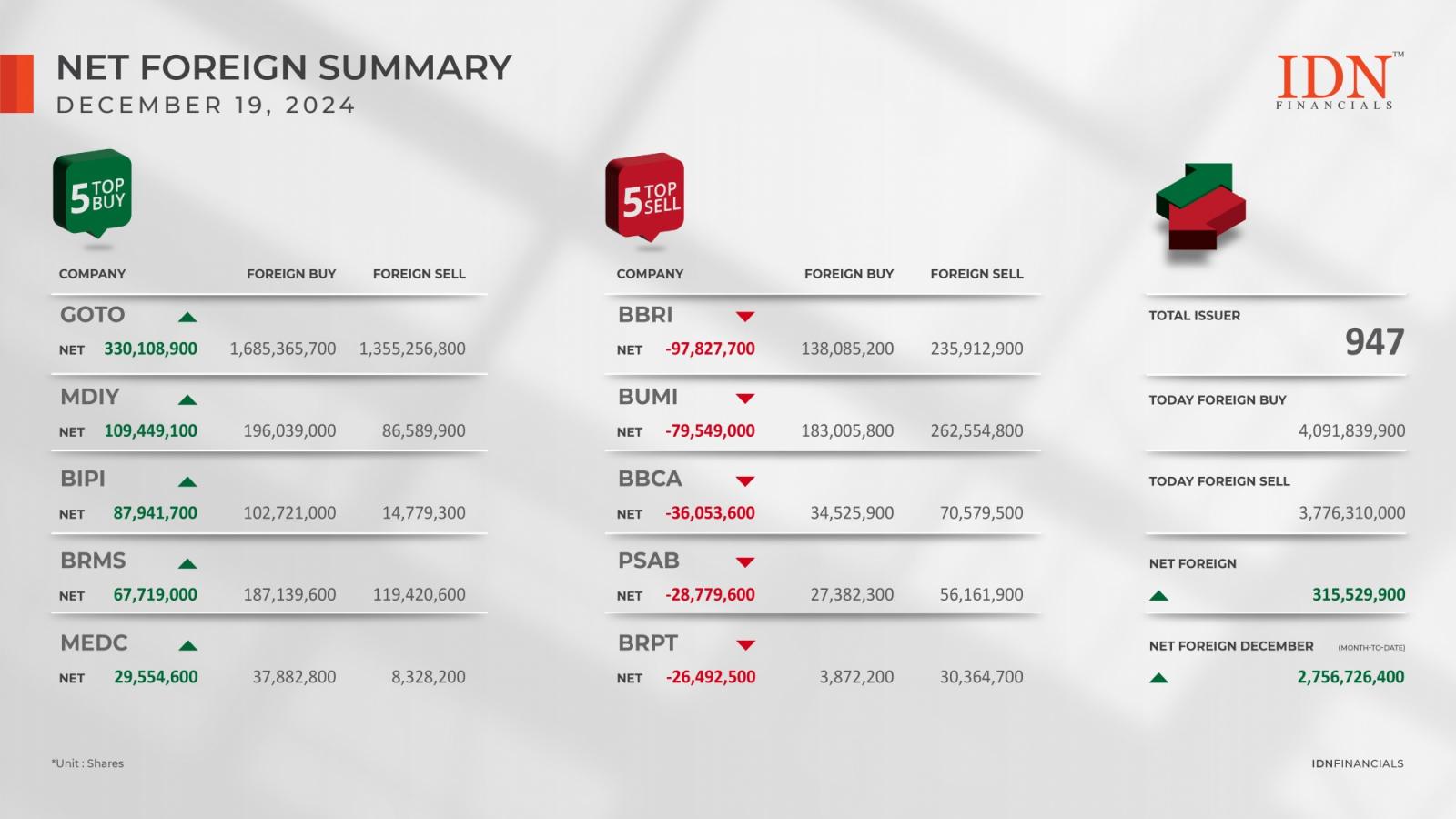
Asian stock markets are a sea of red on Monday, following the broad sell-off in the global markets on Friday, as traders react to weak U.S. monthly jobs data and recent weak data on US manufacturing activity that stocked fears the worlds largest economy could slip into a recession after the US Fed seems to have waited too long to cut interest rates. Markets in Japan, South Korea and Taiwan are plunging more than 5 percent. Asian markets closed mostly lower on Friday.
The unexpected increase in the unemployment rate reached its highest level since hitting 4.5 percent in October 2021.
The Australian stock market is currently trading sharply lower on Monday, adding to the sharp losses in the previous session, following the broadly negative cues from Wall Street on Friday. The benchmark S&P/ASX 200 index is falling almost 3 percent to stay just above the 7,700.00 level, with weakness across all sectors led by energy, financial and technology stocks.
The benchmark S&P/ASX 200 Index is losing 209.70 points or 2.64 percent to 7,733.50, after hitting a low of 7,695.20 earlier. The broader All Ordinaries Index is down 220.80 points or 2.70 percent to 7,949.60. Australian stocks closed sharply lower on Friday.
Among the major miners, Rio Tinto and Mineral Resources are losing more than 1 percent each, while BHP Group and Fortescue Metals are declining more than 2 percent each.
Oil stocks are weak. Beach energy and Santos are slipping almost 4 percent each, while Woodside Energy is declining 2.5 percent and Origin Energy is losing almost 3 percent.
Among tech stocks, Appen, Xero and WiseTech Global are declining almost 5 percent each, while Afterpay owner Block is plunging more than 9 percent and Zip is sliding almost 9 percent.
Gold miners are mostly lower. Newmont and Evolution Mining are losing almost 4 percent each, while Resolute Mining is declining almost 7 percent, Northern Star Resources is down almost 3 percent and Gold Road Resources is slipping more than 3 percent.
Among the big four banks, Commonwealth Bank, National Australia Bank and ANZ Banking are losing more than 3 percent each, while Westpac is declining almost 4 percent.
In economic news, the services sector in Australia continued to expand in July, albeit at a slower pace, the latest survey from Judo Bank revealed on Monday with a services PMI score of 50.4. Thats down from 51.2 in June, although it remains above the boom-or-bust line of 50 that separates expansion from contraction.
In the currency market, the Aussie dollar is trading at $0.650 on Monday.
The Japanese stock market is trading sharply lower on Monday, adding to the sharp losses in the previous two sessions. The benchmark S&P/ASX 200 is plummeting nearly 5 percent to well below the 34,200 level, following the broadly negative cues from global markets on Friday, as traders were concerned over rising interest rates, registering its second-largest point drop in history and the biggest losses since 2020. Stocks across all sectors are plunging.
The benchmark Nikkei 225 Index closed the morning session at 34,247.56, down 1,662.14 or 4.63 percent, after hitting a low of 33,369.37 earlier. Japanese shares ended sharply lower on Friday.
Market heavyweight SoftBank Group is plunging more than 7 percent and Uniqlo operator Fast Retailing is losing almost 3 percent. Among automakers, Honda is plummeting almost 9 percent, while Toyota is declining almost 8 percent.
In the tech space, Screen Holdings is losing almost 2 percent and Advantest is plunging almost 7 percent, while Tokyo Electron is plummeting more than 9 percent.
In the banking sector, Sumitomo Mitsui Financial plummeting almost 16 percent, Mitsubishi UFJ Financial is plunging almost 13 percent and Mizuho Financial is sliding more than 13 percent.
The major exporters are lower. Canon is slipping more than 7 percent, Mitsubishi Electric is plummeting more than 11 percent, Sony is losing almost 2 percent and Panasonic is plunging 7.5 percent.
Among other major losers, Minebea Mitsumi is plummeting almost 19 percent, Mitsubishi Heavy Industries is plunging almost 16 percent and Chiba Bank is sliding almost 15 percent, while T&D Holdings, Tokio Marine, Fujikura and Nomura Holdings are slipping more than 14 percent each. Kawasaki Heavy Industries, Concordia Financial and Dai-ichi Life is losing almost 14 percent each, while Japan Post and Disco are declining more than 13 percent each.
Conversely, LY is gaining almost 5 percent and Nitori Holdings in adding more than 3 percent.
In economic news, members of the Bank of Japans Monetary Policy Board said that the countrys economy has recovered moderately, although some signs of weakness persist, minutes from the central banks June 13-14 meeting revealed on Monday.
At the meeting, the BoJ delayed its normalization of policy as policymakers decided to unveil a detailed plan for reducing its bond purchase program at its upcoming meeting in July. The policy board decided to conduct purchases of Japanese government bonds, CP, and corporate bonds in accordance with the decision made at the March meeting.
In the currency market, the U.S. dollar is trading in the lower 145 yen-range on Monday.
Elsewhere in Asia, Taiwan and South Korea are plummeting 6.3 and 5.1 percent, respectively. New Zealand, Malaysia, Singapore and Indonesia are plunging between 1.7 and 2.8 percent each. Hong Kong and China are down 0.9 and 0.3 percent, respectively.
On Wall Street, stock moved sharply lower during trading on Friday, adding to the steep losses posted during Thursdays session. With the extended sell-off, the tech-heavy Nasdaq dropped to its lowest closing level in two months and the S&P 500 hit a nearly two-month closing low.
The major averages ended the day off their lows of the session but still firmly negative. The Nasdaq dove 417.98 points or 2.4 percent to 16,776.16, the S&P 500 plunged 100.12 points or 1.8 percent to 5,346.56 and the Dow tumbled 610.71 points or 1.5 percent to 39,737.26.
The major European markets also showed significant moves to the downside on the day. While the German DAX Index plunged by 2.3 percent, the French CAC 40 Index tumbled by 1.6 percent and the U.K.s FTSE 100 Index slumped by 1.3 percent.
Crude oil prices fell sharply to a two-month low on Friday, sliding for a second successive session on rising concerns about the outlook for demand due to slowing growth in the U.S. West Texas Intermediate Crude oil futures for September fell $2.79 or 3.66 percent at $73.52 a barrel.





